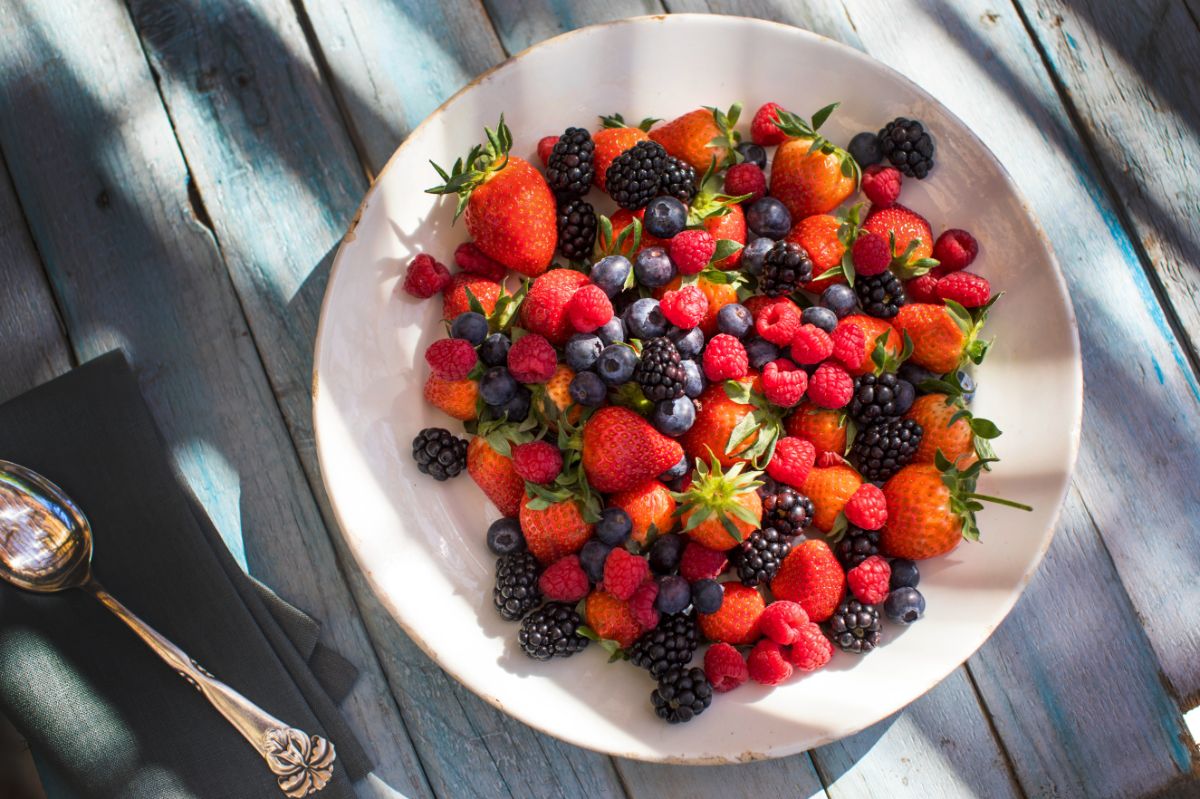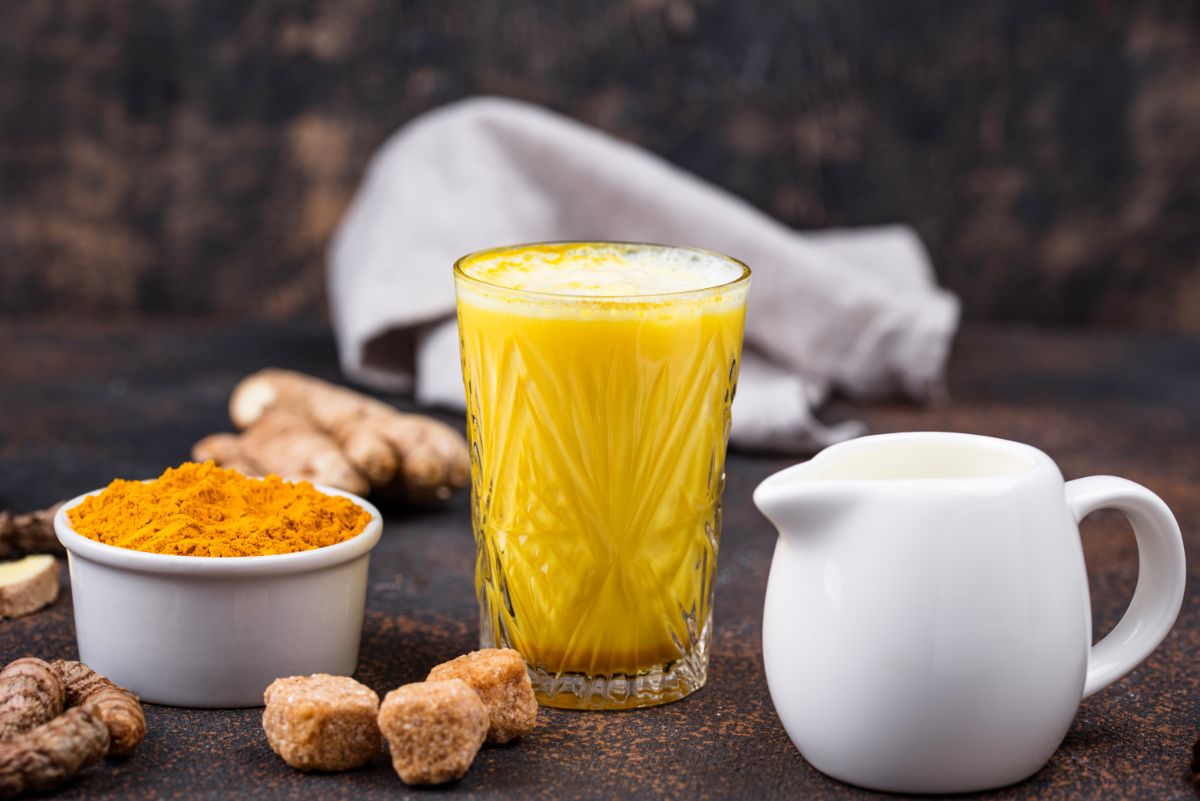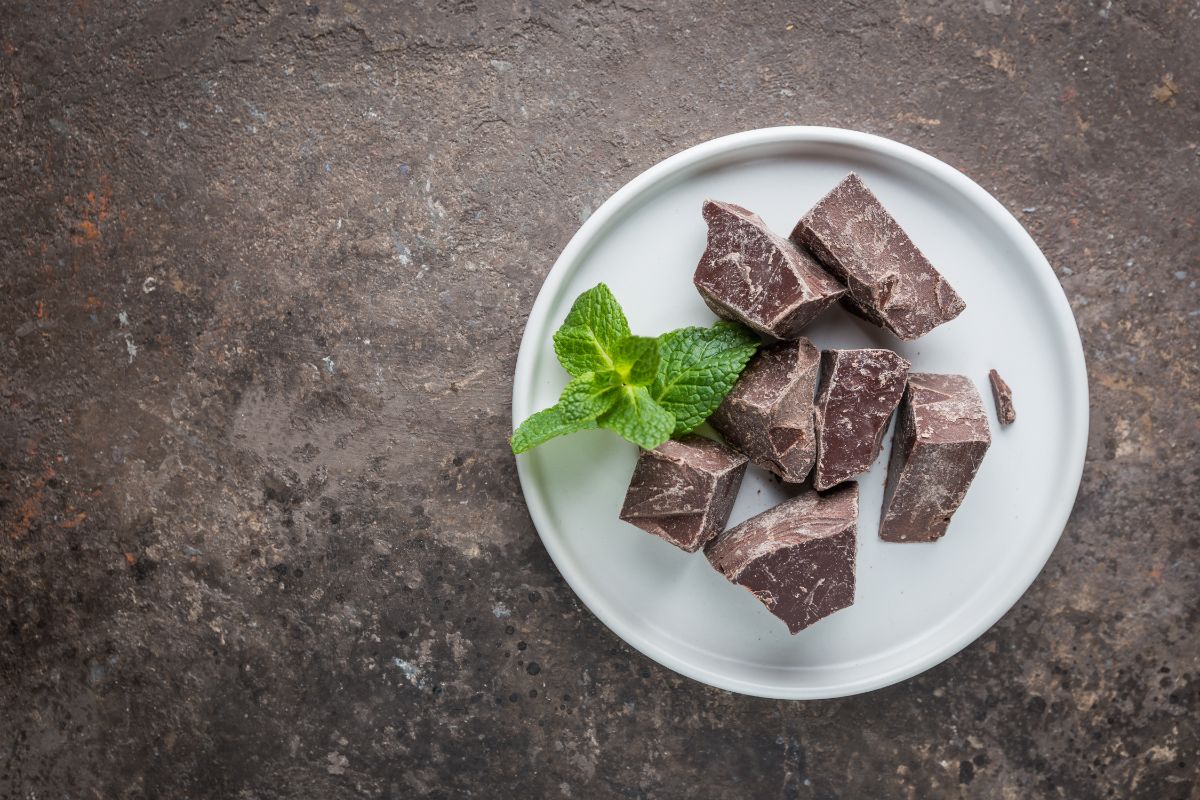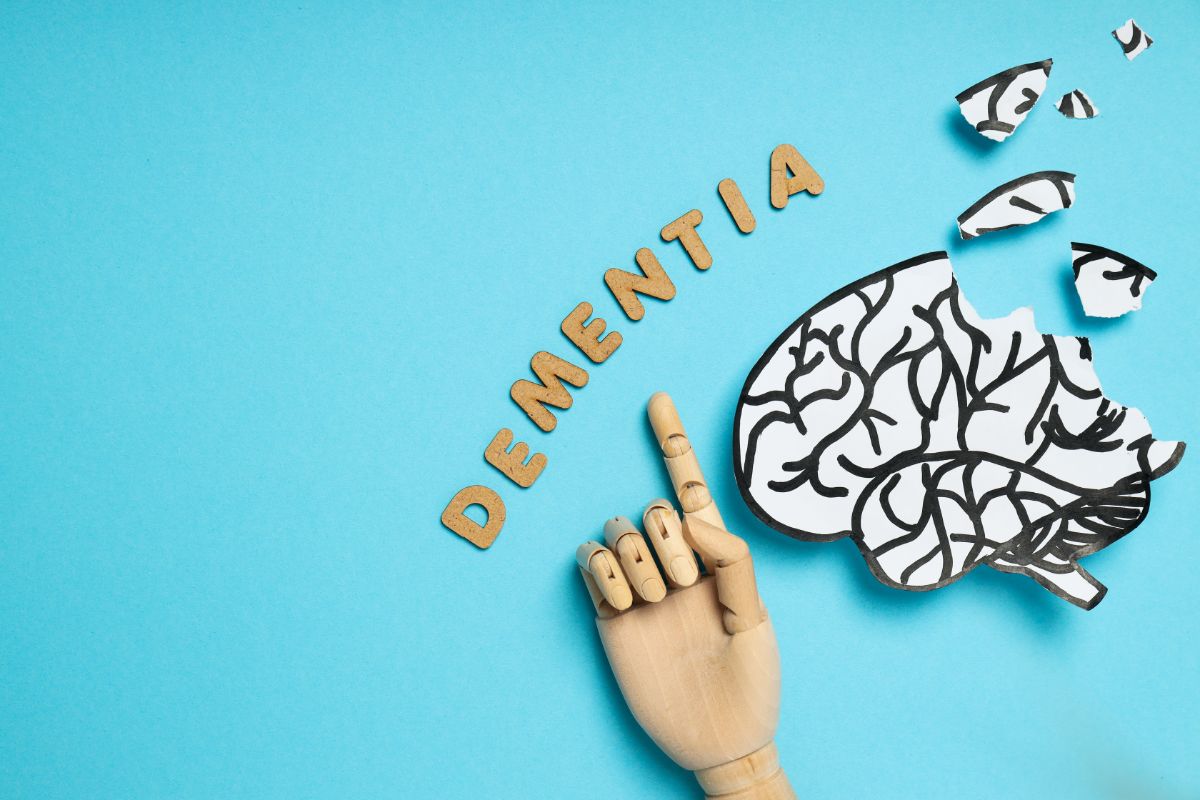What food do I eat for better memory?
Your brain is in charge of many functions in your body — so it’s a good idea to pay extra attention to your brain’s condition. To keep it in good shape, your brain requires a whole host of foods. And, certain foods are especially helpful in improving specific mental tasks, such as your short- and long-term memory.
Eating a healthy, balanced diet that includes all 10 of these foods for better memory is key to keeping your mind as sharp as can be.
Cruciferous vegetables — which include broccoli, cauliflower, cabbage, kale, bok choy, and more — are extremely helpful for your brain. This is because they are packed with essential vitamins and compounds that your brain needs daily.
Broccoli in particular is good for your memory. It contains vitamins K and C which are powerful antioxidants with anti-inflammatory effects. These vitamins are key to protecting your brain tissue from damage. It’s also rich in glucosinolates. This compound is broken down by your body to produce isothiocyanates. This is then used to reduce oxidative stress, resulting in less risk of neurodegenerative diseases linked to memory loss (such as dementia).

You should also add berries like blackberries, blueberries, and blackcurrants to your diet if you want to improve your memory. These contain flavonoid antioxidants — such as anthocyanin, caffeic acid, catechin, and quercetin — which make berries good brain food. This is because flavonoids are effective in reducing inflammation and oxidative stress.
These flavonoids offer other health benefits for your brain, such as increasing plasticity. This quality allows brain cells to form new connections, which results in improved learning and memory capabilities.
Fatty fish like salmon, mackerel, and tuna contain an essential nutrient for all brain functions — omega-3 fatty acids. Docosahexaenoic acid, or DHA, in particular, is used by your brain to facilitate better memory.
DHA is used to build cell membranes, including those of brain cells. Increasing your intake of fatty fish can help your brain improve the structure around brain cells. Omega-3 fatty acids are also needed to reinforce other cognitive abilities, such as information processing — which helps in improving memory as well.
Drinking regular cups of tea could help improve your memory, new studies show. In particular, herbal tea seems to contain more beneficial compounds, which help stimulate and support various brain functions.
Herbal teas like Bacopa Monnieri are especially popular for their cognitive boosting capabilities. Bacopa Monnieri, also known as the herb of grace and water hyssop, is a mainstay herb in Ayurvedic medicine. It’s well known for its status as a nootropic as it is proven to improve information retention and spatial learning.
Drinking Bacopa Monnieri tea can also help with conditions that impair memory recall — such as stress and anxiety. As it is also an adaptogenic herb, it increases your brain’s resistance to stress and its symptoms. Thus, drinking this tea may keep you cool under pressure, and recall memories with ease.

Turmeric is a popular cooking spice that is commonly found in curry powders. This dark-yellow spice is not only known as a strong antioxidant but also an anti-inflammatory.
Turmeric’s capacity as an antioxidant and anti-inflammatory is thanks to its active compound, curcumin. Curcumin is highly absorbable, being able to pass through barriers — which allow it to cross the blood-brain barrier to enter the brain directly. This allows curcumin to effectively protect your brain against diseases like depression and Alzheimer’s disease, both of which are linked to memory loss.
Peanuts are another great food for better memory to add to your diet. They have an excellent nutritional profile with plenty of unsaturated fats, protein, and key vitamins and minerals to keep your brain filled with energy. This includes high levels of resveratrol.
Resveratrol is a non-flavonoid antioxidant that has cognitive protecting effects. Studies show that it fights off inflammation, and is particularly effective at preventing cancer and neurological decline.
Pumpkin seeds contain powerful antioxidants that protect your brain from damage and inflammation. They’re also a good source of essential minerals, such as copper, iron, zinc, and magnesium. All three of these minerals are important for proper brain function:

Like berries, dark chocolate is packed with flavonoids that come from its main ingredient: cacao.
As the brain is highly sensitive to free radicals and stress, flavonoids are crucial in protecting your brain’s health. According to research, cacao flavonoids are especially good for your brain. It was found that it can encourage neuron and blood vessel growth — particularly in brain regions used for memory and learning. Other research showed that eating dark chocolate may also improve brain plasticity, which is key for information retention and recall.
Eggs aren’t just a good source of protein — they also contain choline and the following B vitamins:
These b vitamins help your brain retain healthy mass, preventing brain shrinkage and cognitive decline. Choline is also an important nutrient for your brain. It is used to form acetylcholine, which is a neurotransmitter used by your brain to regulate memory functions.
Like all the other parts of your body, your brain needs energy to work well. The ability to analyze new information to later retain and recall depends on your brain having an adequate source of energy.
Your brain needs glucose to stay active. The best source of glucose comes from whole grains. Whole grains — like brown rice, oatmeal, buckwheat, and whole-grain bread — are low-glycemic foods, which means they are slower in releasing energy and raising your sugar levels compared to other glucose-rich foods. How this benefits your brain is that they provide a steady supply of energy, allowing your brain to stay active for longer.
This article listed the various food we can consume for better memory. What you eat has a big impact on the structure and function of your brain — and how well you can recall information. Eating a well-rounded diet filled with all the mentioned foods to support memory is a great way to support both short- and long-term brain function.
A great herbal tea to explore is our natural healing tea, Bacopa Monnieri! This organic product possesses various health benefits including improving brain function, Click here to check out our online shop!

Overview This article talks about the different stages of dementia and

What are the early symptoms of dementia? Memory loss that disrupts eve

Overview Alzheimer’s disease can be influenced by genetics, but

What are the characteristics of Alzheimer’s disease? Memory loss Dif